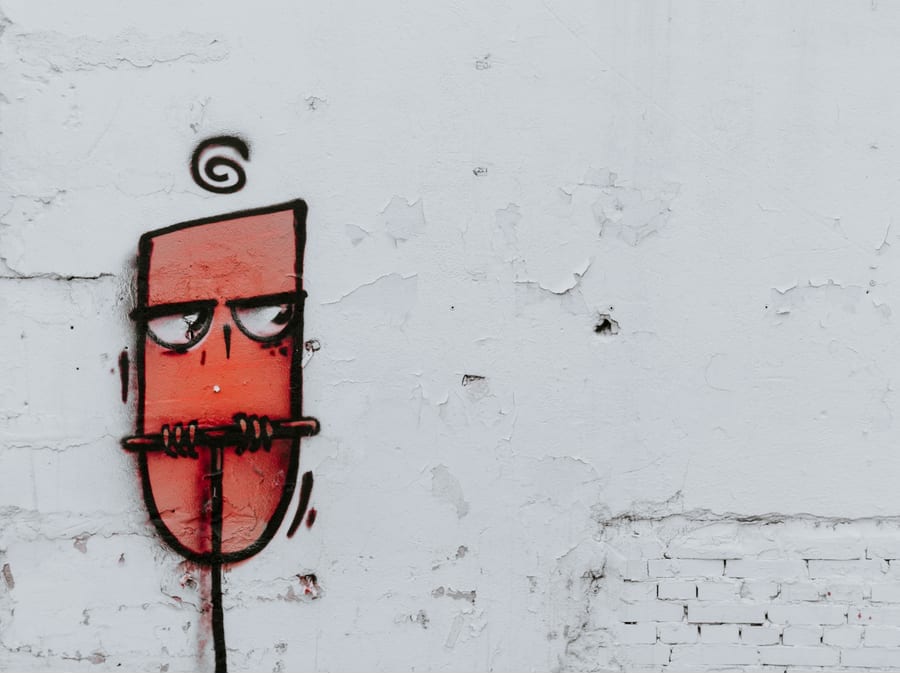|
Getting your Trinity Audio player ready...
|
“I don’t think most people want to live in a world where you can only post things that tech companies judge to be 100 percent true,” Facebook co-founder and CEO Mark Zuckerberg declared in his speech on free expression at Georgetown University.
“It is the price of free speech. That means there is going to be all the beauty and all the ugliness of humanity,” said Facebook COO Sheryl Sandberg, speaking with reporter Katie Couric.
Barely a week has passed since Zuckerberg’s Georgetown declaration, and Facebook seems to be having a change of heart.
Its “Disputed by Fact-Checkers” marker apparently wasn’t enough, so Facebook is now going to proactively detect and label what it deems to be false information.
“Over the next month, content across Facebook and Instagram that has been rated false or partly false by a third-party fact-checker will start to be more prominently labeled so that people can better decide for themselves what to read, trust and share,” the company announced.
We already show labels today, but the new labels will increase transparency of the fact check and ensure that anyone who comes across fact checked content will see that it has been fact checked and marked false before tapping through to see the content.
Mark Zuckerberg, Facebook Press Call
According to the announcement, “The labels below will be shown on top of false and partly false photos and videos, including on top of Stories content on Instagram, and will link out to the assessment from the fact-checker.”
“Much like we do on Facebook when people try to share known misinformation, we’re also introducing a new pop-up that will appear when people attempt to share posts on Instagram that include content that has been debunked by third-party fact-checkers.”
In addition to clearer labels, Facebook said they are also working to take faster action to prevent misinformation from going viral, especially given that quality reporting and fact-checking takes time.
If they have signals that a piece of content is false, Facebook will temporarily reduce its distribution pending review by a third-party fact-checker.
We’ve gone from being on our back foot to now proactively going after some of the biggest threats that are out there.
Mark Zuckerberg, Facebook Press Call
Some of the biggest controversies around fake news are directly related to political ads, and Zuckerberg said they are increasing the transparency around that with “political ads archives that we build to make it possible for journalists and researchers to take an even deeper level of scrutiny to all the content that’s going on online.”
“All political and issue ads are now put into an archive so they can be scrutinized by everyone for years to come,” he said. “And as a result of this new level of transparency, we’re seeing journalists and researchers now able to scrutinize political advertising in ways that weren’t even possible a few years back.”
In addition to including clearer fact-checking labels and preventing the spread of misinformation, other initiatives Facebook announced include:
- Combating inauthentic behavior
- Labeling state-controlled media on their Page
- Banning paid ads that suggest voting is useless or advise people not to vote
We want to help people better understand the sources of news content they see on Facebook so they can make informed decisions about what they’re reading.
Facebook Newsroom
While Facebook claims that “our systems are now more effective at proactively detecting and removing this harmful content,” it also understands there’s a limit to what they can achieve using machine learning.
“Part of our work to stop the spread of misinformation is helping people spot it for themselves. That’s why we partner with organizations and experts in media literacy,” the company said.
Today, we’re announcing an initial investment of $2 million to support projects that empower people to determine what to read and share.
Facebook Newsroom
Of course, limiting, labeling or censoring of content has led to some major controversies and criticisms. In his Georgetown speech, Zuckerberg acknowledged the criticism of big tech, but suggested that all of this was actually giving more power to the people.
“I understand the concerns that people have about how tech platforms have centralized power,” the billionaire entrepreneur said.
“But I actually believe the much bigger story is how much these platforms have decentralized power by putting it directly into people’s hands.”



